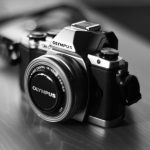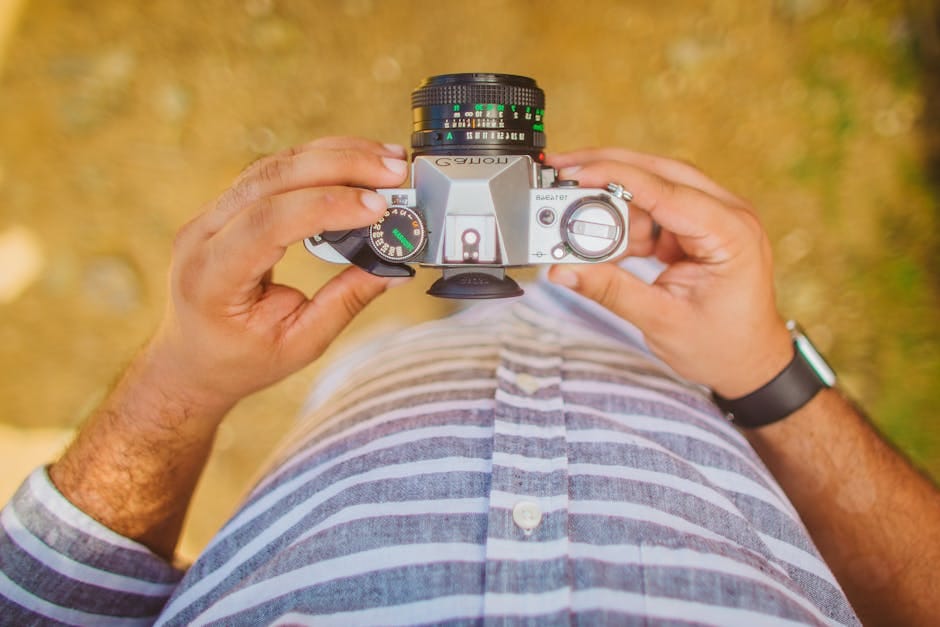Digital single-lens reflex (DSLR) cameras and digital cameras are two popular choices for photographers of all levels. While both types of cameras can capture high-quality images, there are some key differences between them that can affect your decision-making process.
One of the most noticeable differences between DSLRs and digital cameras is their size and weight. DSLRs are typically larger and heavier than digital cameras, as they have a more complex internal mechanism. This can make them more difficult to carry around, especially if you are planning to be shooting for long periods of time.
Another key difference between DSLRs and digital cameras is their lens system. DSLRs have interchangeable lenses, which means that you can change the lens to suit the type of photography you are doing. This gives you a lot of flexibility, as you can choose from a wide range of lenses, including wide-angle lenses, telephoto lenses, and macro lenses. Digital cameras, on the other hand, typically have fixed lenses, which means that you cannot change the lens. This can be a limitation, especially if you want to shoot different types of photography.
DSLRs also offer more manual controls than digital cameras. This gives you more creative control over your photography, as you can adjust the aperture, shutter speed, and ISO settings to achieve the desired effect. Digital cameras typically have fewer manual controls, which can make them easier to use for beginners.
In terms of image quality, DSLRs generally produce better image quality than digital cameras. This is because DSLRs have larger sensors, which can capture more light and produce images with less noise. DSLRs also have better dynamic range, which means that they can capture a wider range of tones from bright highlights to dark shadows.
However, digital cameras have their own advantages as well. They are typically smaller and lighter than DSLRs, which makes them easier to carry around. They also have longer battery life than DSLRs, which can be important if you are planning to be shooting for long periods of time. Digital cameras are also typically less expensive than DSLRs, which can be a major factor for budget-conscious shoppers.
Ultimately, the best type of camera for you depends on your individual needs and preferences. If you are looking for a camera that offers the best image quality, manual controls, and lens flexibility, then a DSLR is a good choice. If you are looking for a camera that is small, lightweight, and easy to use, then a digital camera is a good option.
**Here is a table that summarizes the key differences between DSLRs and digital cameras:**
| Feature | DSLR | Digital Camera |
|—|—|—|
| Size and weight | Larger and heavier | Smaller and lighter |
| Lens system | Interchangeable lenses | Fixed lens |
| Manual controls | More manual controls | Fewer manual controls |
| Image quality | Better image quality | Good image quality |
| Dynamic range | Wider dynamic range | Narrower dynamic range |
| Battery life | Shorter battery life | Longer battery life |
| Price | More expensive | Less expensive |

